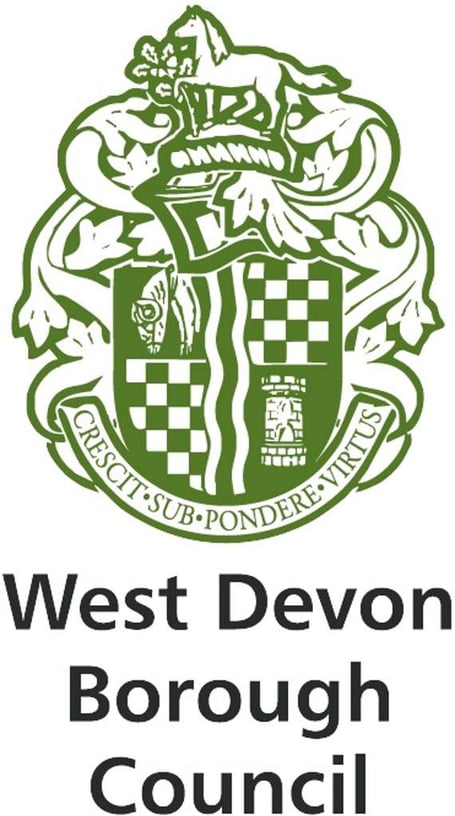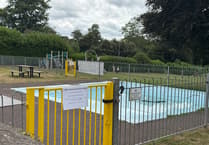WEST Devon Borough Council, like many other councils nationally, is having to make tough decisions and find new ways to provide front line services.
The situation is slightly tougher for rural councils like West Devon Borough Council.
If you look at the size of the area the council covers, compared to a city, where a lot of people live in a smaller area, it is easy to understand why rural councils struggle.
They have a bigger area to cover, which costs more, but less people paying Council Tax to cover the costs.
In terms of sparsity, West Devon Borough Council is third at the top of the table of councils who are covering the largest area with the smallest population. The total amount of money it has to provide all of the services it runs is £7.1 million.
The Borough Council, together with South Hams District Council, recently invited a team of councillors and officers from around the country, called a Peer Review Team, to review everything that the councils do. This included the councils’ management and finances.
The Peer Review team provided the councils with a report of their findings.
It stated: “It is a credit to both councils (West Devon and South Hams) that front line services have been protected in the main since austerity 2010… The Section 151 Officer (Finance Officer) and her team have a good grip on the finances of both councils… they are to be congratulated on guiding the council finances to this point”.
Cllr Philip Sanders, Leader of West Devon Borough Council, said: “It is astonishing that this year we have not only managed to set a balanced budget but we have also managed to reduce the forecast budget gap for next year from £1 million in West Devon to just over £533,000.
“Together officers and councillors are absolutely committed to protecting your services and looking after tax payers’ money. But in the current climate this has not been easy.
“The fact of the matter is that we have faced record cuts in our government funding since 2010 and we do not have a lot of money. What we want to achieve in our Borough, and what we can achieve, are two completely different things. This is why we were looking to borrow money for investment in specific projects in Tavistock and Okehampton.
“The idea was that these projects would pay for themselves outside of the budget we have for services. Therefore despite our limited finances we were looking for ways to support the local economy.
“The total amount of money we have to provide all of the services we run is £7.3 million. In order to make this balance, we have made some cuts. We have increased Council Tax, but we have remained focused on reducing costs where we can to keep this council on course.
“This year we have been given a little more in our Rural Services Delivery Grant as a one-off extra. We get this money because government recognises that it is harder to deliver services in rural areas where properties are spread over a large area.
“There is no doubt about it, the future is tough. We have balanced our books this year and we will continue to lobby government to recognise how difficult it is for rural councils like ours, but essentially we are on our own and we have to make our money and assets work better for us in order to balance the budget next year.”
Sophie Hosking, Chief Executive of West Devon Borough Council, said: “At one point we were facing the real possibility that it would be extremely difficult to balance the budget for West Devon Borough Council this year. But, thanks to very careful financial planning and prudent commercial investment, our councillors and officers have worked together to deliver this budget.”
The Budget Proposals for 2019-20 can be found here: http://mg.swdevon.gov.uk/ieListDocuments.aspx?CId=271&MId=1198&Ver=4 .





Comments
This article has no comments yet. Be the first to leave a comment.